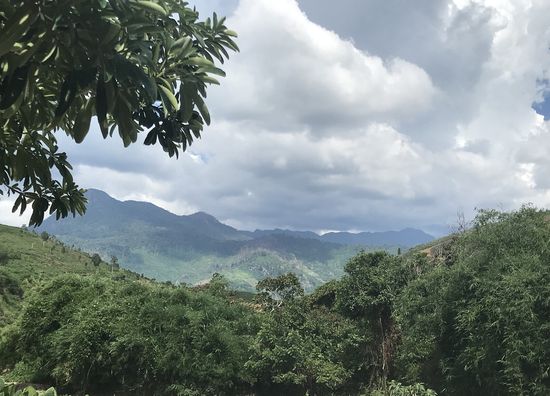Making CFM work in Central Highlands Vietnam through an inclusive landscape governance approach
Transfer of land-use rights from the state to the community to encourage community forest management (CFM) and use of forest resources for livelihood improvement, has been in place in Vietnam since the 1990s. However, while the policies, institutions, and approaches…

